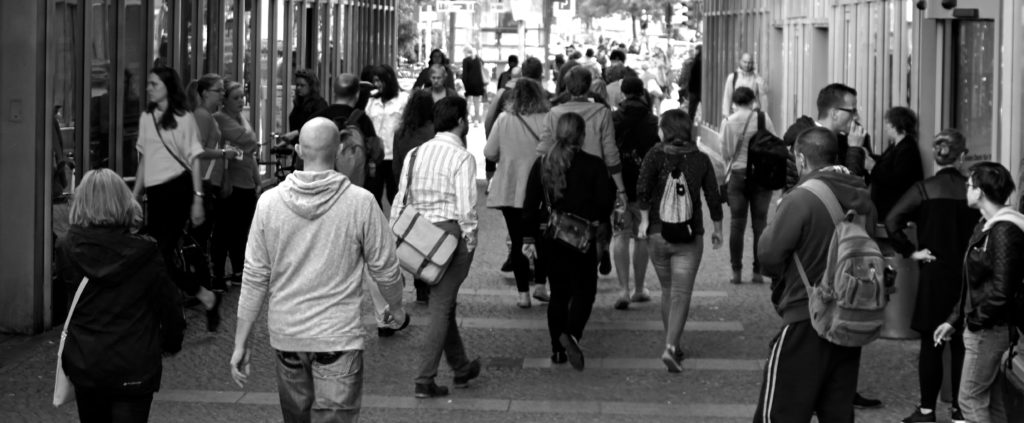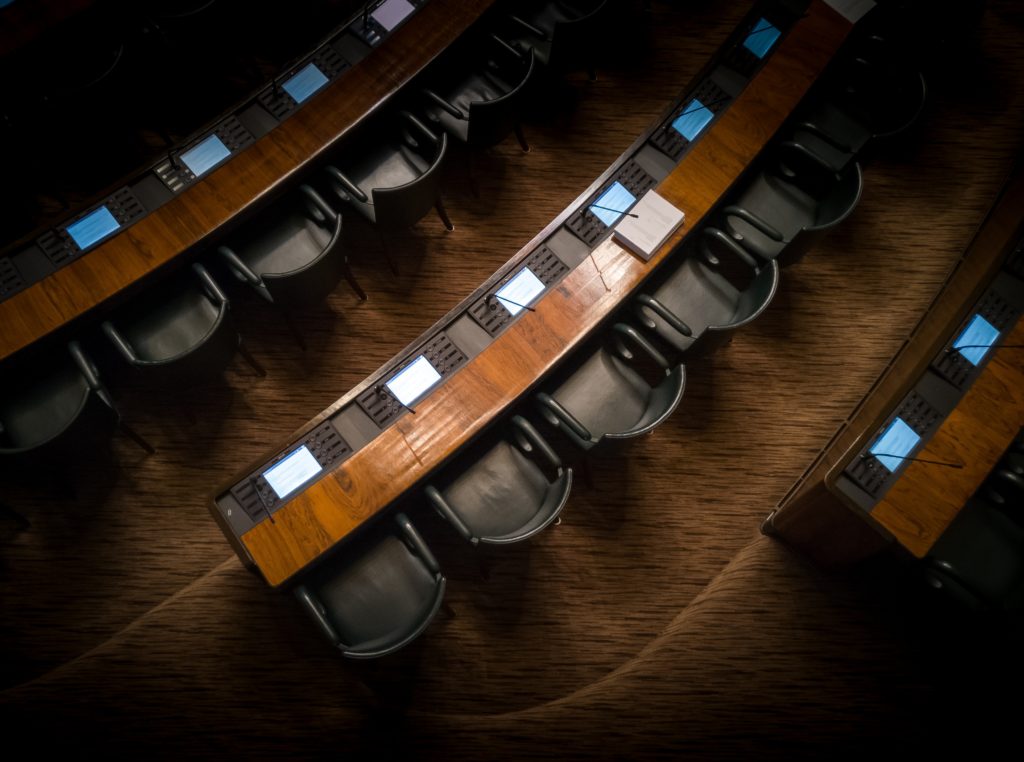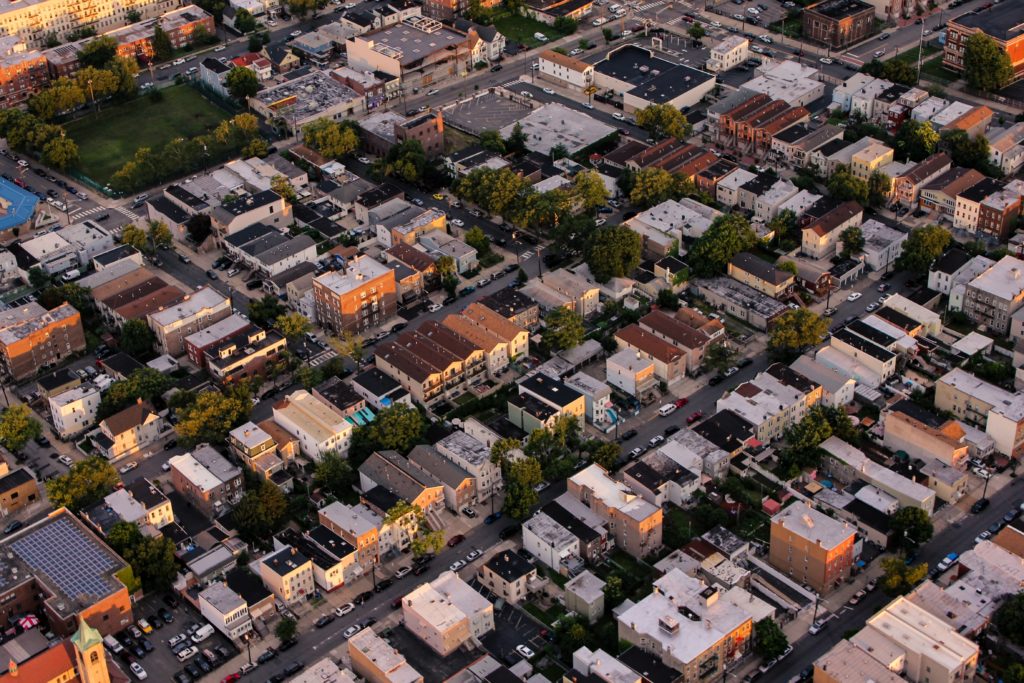
Improving Wraparound Services for Swift Re-entry
The Los Angeles County Probation Department seeks to strengthen support for people who have been incarcerated so that they can successfully re-enter their communities. To help advance this goal, FUSE Executive Fellow Jessica Aronoff worked with the Post Release Services Bureau to develop a plan that maximizes the impact of... Read more

Convening Cities to Design Violent Crime Reduction Strategies
Washington DC’s Office of Neighborhood Safety and Engagement (ONSE) helps reduce violence and improve public safety by fostering community-based programs. In support of its mission, ONSE has been working to develop a Safer, Stronger Cities pilot program. This city network will use nonviolent interventions and strong government-community relations to help... Read more
Reforming Behavioral Healthcare Services for Justice-Involved Residents
In Washington DC, one in eight adults is justice-involved, and many need access to behavioral health services. To reduce recidivism, the Department of Behavioral Health (DBH) is working to provide a stronger continuum of services for justice-involved individuals, from pre-arrest through post-incarceration. To this end, DBH developed a Forensic Services... Read more
Creating a More Equitable Process for Determining Bail
The incarceration rate in St. Louis is almost three times the state-wide rate in Missouri. In response to this disparity, the city set a goal of reducing the jail population by 40 percent over five years. The Department of Public Safety enlisted FUSE executive fellow Wilford Pinkney Jr. to work... Read more

Developing a Criminal Justice Coordinating Council to Advance Social Justice
To ensure the fair administration of criminal justice, St. Louis and the 22nd Judicial Circuit are working to improve communication, collaboration, and planning. To this end, FUSE Executive Fellow Debbie Allen helped operationalize and institutionalize a Criminal Justice Coordinating Council (CJCC), for which she then served as interim executive director.... Read more

Working to Alleviate Poverty
One in four residents of Philadelphia lives below the poverty line, a condition that can adversely affect their health, education and employment prospects, physical safety, and more. Recognizing the urgency of this problem, the Mayor’s Office of Policy engaged FUSE Executive Fellow Natalie Barndt to lead a review of existing... Read more

Engaging the Community to Reduce Youth Recidivism
The Los Angeles County Department of Probation is working to reduce recidivism by using evidence-based practices and community-based services to help justice-involved youths succeed. To assist with these efforts, FUSE Executive Fellow Kim Bowman Jr. brought community voice and leadership into governmental processes while strengthening the strategic visioning and management... Read more

Building a Community-Focused Path to Re-entry
Approximately 40,000 adults are under the supervision of the Los Angeles County Probation Department. To help these individuals successfully reintegrate into communities, the department is working to increase community engagement, peer mentorship, and access to comprehensive wraparound services for justice-involved individuals. To advance these efforts, FUSE Executive Fellow Amy Cross... Read more

Advancing a Behavioral Economics Approach to Child Support Compliance
The Los Angeles County Child Support Services (CSS) is working to enforce child support orders, including the collection of monies, to help positively affect the financial stability of the children it serves. To improve payment compliance and the customer experience, CSS brought in FUSE Executive Fellow Amanda Wang Valentine, who... Read more
Coordinating Social Services to Reduce Recidivism
The Los Angeles County Probation Department seeks to reduce the financial and societal cost of recidivism by helping people reintegrate more effectively into their communities after prison. To support that goal, the department enlisted FUSE executive fellow Barry Goldberg to assess how county agencies involved in re-entry can coordinate to improve... Read more
